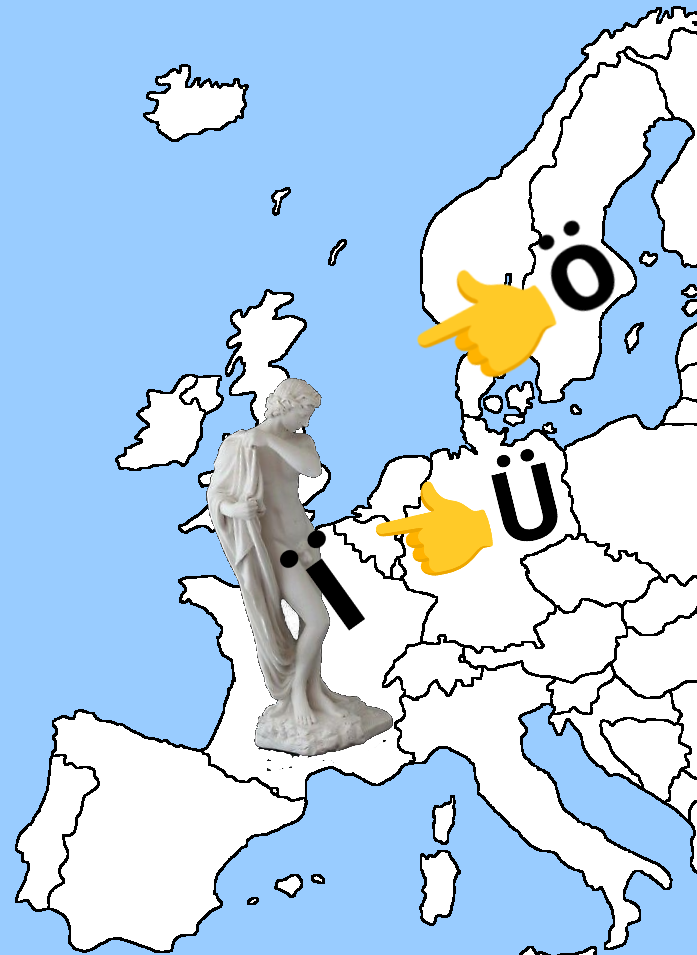Why?
Hjalamanger
And netflix are gonna make a series about ya
Also, check the number of contributors to a project. All of those people do (probably) trust the project and have also (probably) read at least parts of the source code for it
It's the opposite here in Sweden, in some larger supermarkets you did need a coin but in no smaller shops
Anyways that's all gone now since no one carries coins anymore
John dillerman (a Danish TV show for kids, look it up)
Can I get a conversation table?
Don't you guys not Kung fu fight on boats in the ocean??? I thought everyone did that!
What in the whole dam world is linex forte stabilni slozeni 2?
That's extremely noticeable with left handed people trying to draw on whiteboards
I don't know, but I would've think so. Part of the reason is that almost no one actually learns to read this stuff fluently without using the key and going letter by letter. So getting any significant sample of people to test it on would probably be hard
I can't read (or write) it without the key, however I'm quite fast if I get to do it. I have thought of trying to learn it completely, mainly to see how hard it would be and what I'd learn (apart from, you know, learning brädgårdschiffer) from learning a "new" alfabet. I'd be interested to see how I view it in comparison to regular Latin script. I speak somewhere between 2 and 4 languages depending on how you count and I've found every new one interesting and insightful to learn so it would be fun to see if learning to read a new script fluently would be anywhere near as insightful. Ultimately I'd like to learn Korean or Chinese but that be a major challenge and take a lot of time (also, I could probably not squeeze it in to my formal education with the path I'm going to take so I'd have to do it in my free time)
Yeah, sure you can just substitute out the letters or write them out as is. And thanks for the image, i always get problems with images proxyed through ddg and then my instance




Okay, thanks I don't want anyone plugging my ventilation holes